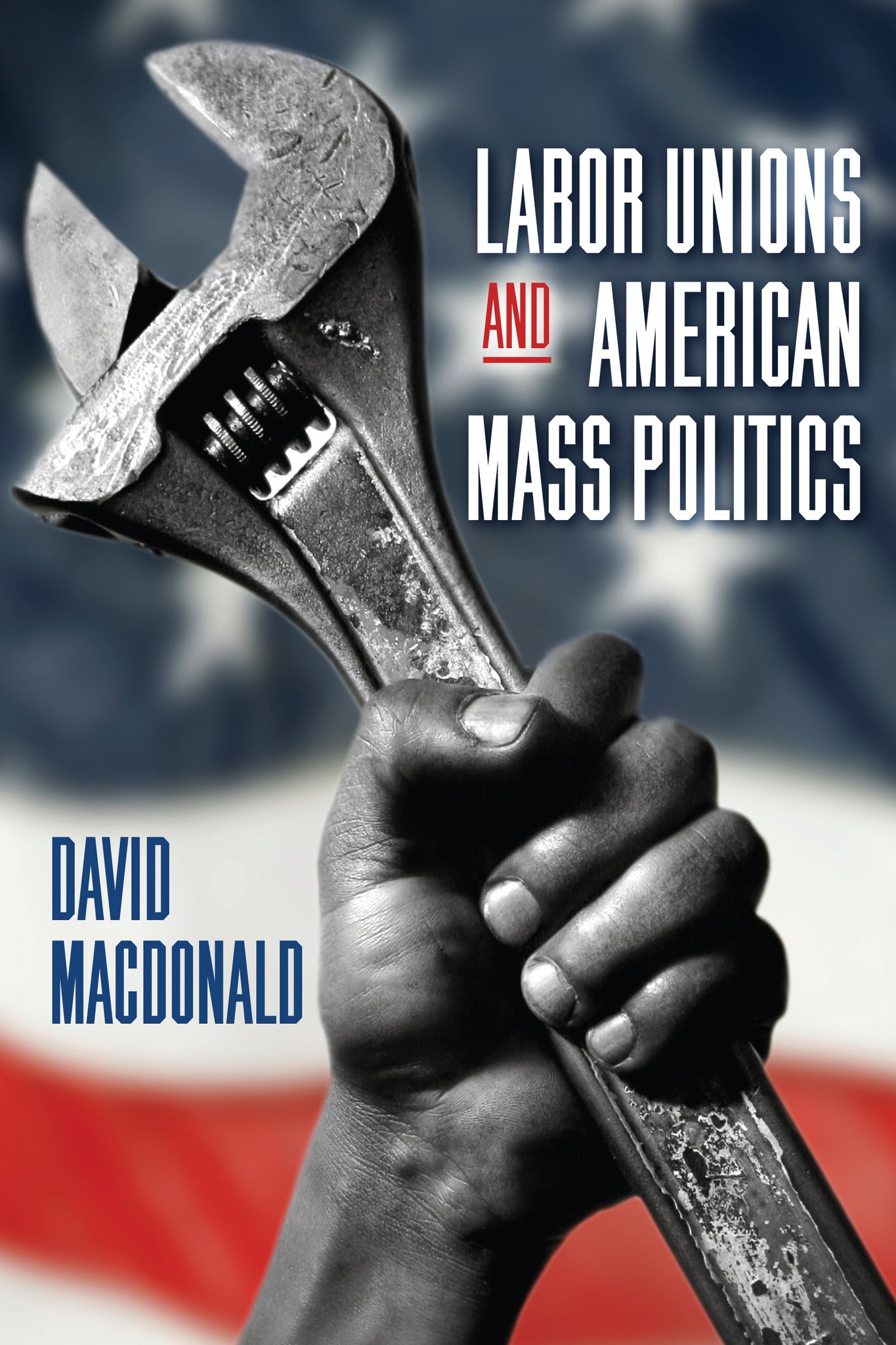We're sorry. An error has occurred
Please cancel or retry.
Labor Unions and American Mass Politics

A comprehensive exploration of how labor unions, broadly conceived, shape party loyalties in the American mass public.
How and why do labor unions matter for American mass party loyalties, specifically party identification and vote choice? Labor Unions and American Mass Politics marshals a wide range of survey data to test two different ways through which labor unions can shape mass party loyalties. The first is via people's personal affiliation with organized labor, such as a current/former member or household resident, while the second is via people's attitudes toward organized labor, such as whether they favor vs. disfavor unions in general. Overall, author David Macdonald shows that both are capable of shaping mass support for the Democratic Party and its various political candidates and that such relationships are also conditioned by whether people perceive labor unions and Democrats to be political allies, a connection that is lacking among a sizeable minority of Americans. Overall, Macdonald provides not only a timely analysis of mass labor politics on the early twenty-first-century United States but also shows that labor unions are politically consequential, even after decades of decline.


"Labor Unions and American Mass Politics is a timely and important contribution to understanding how organized labor shapes party identification in the United States. David Macdonald uses an impressive range of datasets to break new ground on organized labor's influence on mass partisanship. This book will be essential reading for scholars and students of political behavior, interest groups and parties, and American political development, while also appealing to policymakers, journalists, and observers of American labor and politics." — Peter L. Francia, author of The Future of Organized Labor in American Politics




